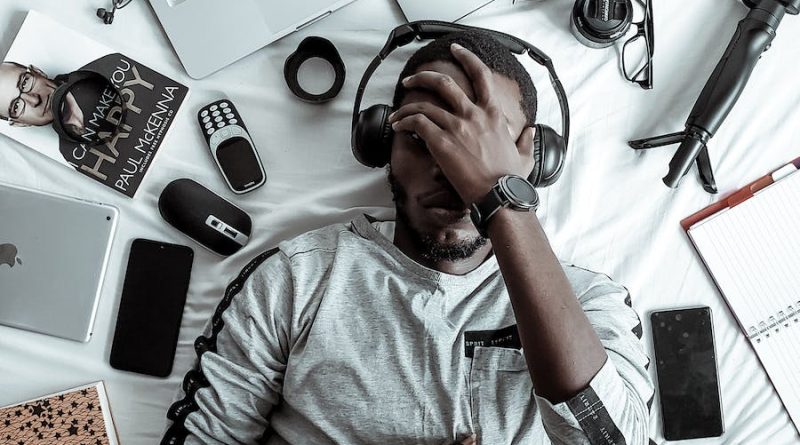My Journey to Recognizing the Problem
My Journey to Recognizing the Problem
Gambling is often portrayed as a harmless form of entertainment, a way to unwind after a long week. I used to think the same. However, my gambling journey taught me a different story—one that led me to recognize a problem I had long ignored. Here’s my account of the signs I overlooked, the pivotal moments of realization, and the steps I’m now taking toward recovery.
The First Signs I Ignored
Looking back, the early signs of my gambling problem were evident, but I chose to brush them aside. Initially, I thought my gambling was just a fun pastime. Small bets on sports games or the occasional night at the casino seemed harmless. However, as time went on, I started to notice a pattern:
- Spending More Time: What began as a casual visit to the casino turned into regular outings. I found myself prioritizing gambling over spending time with family and friends.
- Chasing Losses: After losing money, I would tell myself that I could win it back if I just played a little longer. This belief fueled a cycle of increasing bets and deepening losses.
- Neglecting Responsibilities: I began to neglect responsibilities at work and home. Important tasks and deadlines were pushed aside as gambling took precedence in my life.
Despite these warning signs, I continued to convince myself that it was all in good fun. I didn’t want to confront the truth that was slowly creeping in.
When Gambling Stopped Being “Fun”
The turning point for me came when gambling stopped being an enjoyable escape and became a source of stress and anxiety.
- Emotional Rollercoaster: Initially, the thrill of a big win or the excitement of a game kept me engaged. But as losses piled up, the emotional high turned into a deep pit of despair.
- Financial Strain: My finances took a hit, and the excitement I once felt morphed into panic whenever I thought about my mounting debts. It was no longer a game; it felt like a burden I could hardly bear.
- Isolation: I noticed that I was withdrawing from friends and family. My social life dwindled to late-night gambling sessions alone, and I realized I was missing out on meaningful relationships.
This gradual shift made me reflect on what I was truly gaining from gambling and forced me to confront the uncomfortable reality of my situation.
The Moment I Realized I Needed Help
The moment of clarity struck me one evening after a particularly rough day. I had lost more than I could afford, and instead of feeling remorse, I found myself devising ways to get more money to gamble again. That was the moment it hit me: I was not in control; gambling was controlling me.
I sat down, overwhelmed by emotions of shame and fear. I realized that I couldn’t navigate this alone anymore. It was a humbling moment, but it marked the beginning of my journey toward recovery.
Steps I’m Taking Toward Recovery
Recognizing the problem was just the first step. Now, I am focused on rebuilding my life through actionable steps:
- Seeking Professional Help: I reached out to a therapist who specializes in gambling addiction. Professional guidance has provided me with valuable insights and coping strategies to manage my urges.
- Joining Support Groups: I found solace in groups like Gamblers Anonymous. Sharing my experiences with others facing similar struggles has been empowering and offers a sense of community.
- Setting Limits: I have set strict financial limits for myself. This includes closing online gambling accounts and blocking gambling websites to remove temptations.
- Focusing on Hobbies: I’ve rediscovered old hobbies and found new interests to fill the time I once spent gambling. This has helped me find joy in healthier activities.
- Educating Myself: I’ve been reading books and articles about addiction and recovery. Understanding the psychology behind gambling addiction has helped me feel more equipped to handle my cravings.
Resources That Helped Me
Several resources have played a vital role in my recovery journey:
- Gamblers Anonymous: The support I received from this group has been invaluable. Hearing others’ stories has helped me feel less isolated and more understood.
- Books on Addiction: Literature on gambling addiction provided insight and strategies for recovery. Titles like “The Easy Way to Stop Gambling” by Allen Carr have been particularly helpful.
- Online Forums: Online communities and forums focused on recovery have allowed me to connect with others and share my experiences, offering additional support and accountability.
Final Thoughts
Recognizing the problem of gambling addiction was a difficult but necessary step in my journey toward recovery. I’ve learned that it’s okay to seek help and that I am not alone in this battle. By acknowledging my struggles and taking actionable steps, I am hopeful for a brighter future.
If you or someone you know is facing similar challenges, I encourage you to take that first step. Seek help, connect with others, and remember that recovery is a journey worth taking—one day at a time.



